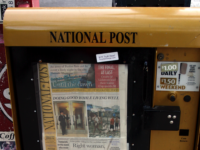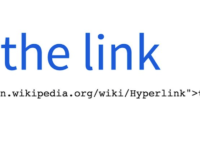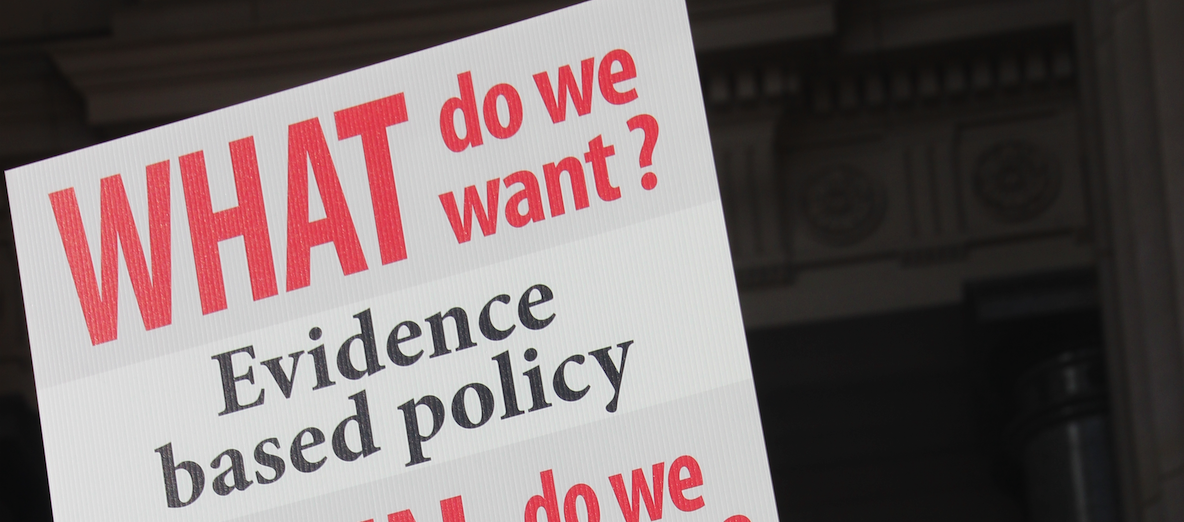Last week, I appeared before the Standing Committee on Canadian Heritage as part of the last panel of witnesses on Bill C-18, the Online News Act. For the first time since the start of the pandemic I attended in person, which provided the opportunity to witness a scene that partly occurred off-camera. NDP MP Peter Julian started his questioning by citing with approval a Postmedia editorial, itself based on a Brian Lilley column. The editorial expressed support for Bill C-18, criticized Facebook, and took the Conservatives to task for not being more supportive of the proposed legislation. Seeing an NDP MP rely on a Lilley-inspired Postmedia editorial was strange enough, but adding to the weirdness was Liberal MP Lisa Hepfner scrambling to find the editorial on her phone and showing it around to caucus colleagues. While some might merely chalk this up to a common enemy – Facebook – I believe there is a bigger enemy at work, namely the loss of an independent press.
Post Tagged with: "c-18"
The Law Bytes Podcast, Episode 145: Why Bill C-18’s Mandated Payments for Links is a Threat to Freedom of Expression in Canada – My Appearance Before the Heritage Committee
The hearings on the Online News Act – Bill C-18 – wrapped up last week with a final session in which I had the unexpected opportunity to appear and again raise concerns with the bill. My focus this time was on how the bill mandates payments for links and why that approach is a threat to freedom of expression in Canada. This week’s Law Bytes podcast takes you inside the hearing room as it features my opening statement and clips from exchanges with MPs from several parties that touched on everything from innovation to copyright reform to the rules for final offer arbitration. My full opening statement is posted below.
Why Bill C-18’s Mandated Payment for Links is a Threat to Freedom of Expression in Canada
The study into the Online News Act continues this week as the government and Bill C-18 supporters continue to insist that the bill does not involve payment for links. These claims are deceptive and plainly wrong from even a cursory reading of the bill. Simply put, there is no bigger concern with this bill. This post explains why link payments are in, why the government knows they are in, and why the approach creates serious risks to the free flow of information online and freedom of expression in Canada.
Payments for Links: “The Whole Purpose of Why We’re Here”
First, the statute and comments related to the bill leave no doubt that payment for links is absolutely part of the legislative plan. Section 2(2) of the bill defines making news content available as follows:
Making Sense of the Indifference to Bill C-18’s Cutting Out Small Media Outlets While Giving Hundreds of Millions to Bell, Rogers and the CBC
Bill C-18, the Online News Act, appeared to be headed to clause-by-clause review this week. But the mounting attention on the bill – notably Facebook’s revelation that it would consider stopping news sharing in Canada if the bill passes in its current form – may have persuaded MPs to add several additional hearings, including one on Friday that will feature both Facebook and OpenMedia. The Facebook issue adds to the growing concerns with the bill, particularly the exclusion of many small media outlets due to restrictive eligibility criteria and a Parliamentary Budget Officer estimate that over 75% of the benefits – hundreds of millions of dollars – will go to broadcast giants such as Bell, Rogers, Shaw, Corus, and the CBC. Newspapers will be left fighting over the remaining scraps, if they’re eligible for anything. Indeed, as many small media outlets have noted, eligibility requirements to have QCJO status or regularly employ at least two journalists means that many small weeklies or digital startups will fall outside the system.
Canadian Heritage Minister Pablo Rodriguez’s Credibility Problem, Part Two: Misleading and Missing Data on Bill C-18
As noted in yesterday’s post, Canadian Heritage Minister Pablo Rodriguez appeared before the Standing Committee on Canadian Heritage last Friday for one hour and walked away with a serious credibility problem. Friday’s hearing focused on two issues – the Laith Marouf/CMAC issue of government funding for an anti-semite and Bill C-18 – and Rodriguez faced credibility questions on both. While yesterday’s post focused on his responses to questions about Canadian Heritage funding for CMAC/Marouf, today’s addresses his misleading statements on the bill.
I’ve written extensively about some of the problems with Bill C-18. These include process concerns involving blocking dozens of witnesses from appearing before committee, benefit concerns based on Parliamentary Budget Officer estimates that the big winners are Bell, Rogers and the CBC, as well as substantive concerns that include the risks to the free flow of information online, risks of increased misinformation, and government intervention in an area that could undermine an independent press. But Rodriguez’s appearance last week raised new concerns about the government using misleading data and apparently having given little thought or study to the full implications of the bill.











